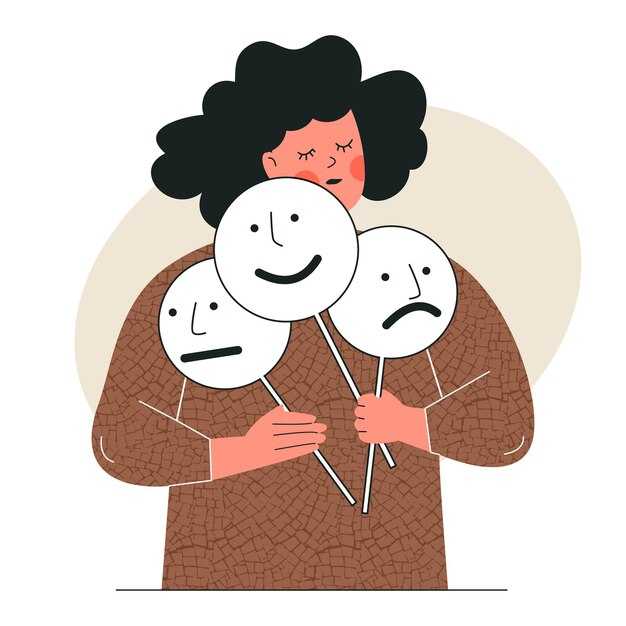Jimmy here with another episode on how to handle your partner’s seemingly irrational emotions. Alright, let’s see what today’s term is — what are we focusing on today? Validation. Yes. I always harp on validation, and I’m genuinely glad it’s our topic because many people, one partner in particular, often recoil at the idea of validation. Even the word can sound a bit off — “validation” — but it’s not a nasty concept. In fact, it’s a cornerstone of healthy relationships, and when it’s missing, it’s one of the main reasons couples end up in a bleak, unhappy place. So what exactly does validation mean? I’m glad you asked: validation is simply acknowledging that someone’s experience is real and worthy of respect. It’s communicating, I want to understand what’s upsetting you; I care enough to listen and to meet your hurt with empathy and curiosity. It says your emotions matter to me because you matter to me. Have you ever been told that feelings aren’t right or wrong? That’s true — feelings are signals, not moral verdicts. They point to something that deserves attention. That doesn’t mean we must act on every emotion or assume every feeling is factually accurate, but the presence of a feeling still tells us something. Emotions don’t appear out of nowhere, and brushing them off, belittling them, or stuffing them down almost always creates bigger problems later. Remember: validation isn’t the same as agreeing with every detail. Maybe this isn’t you, but it’s definitely me — I tend to fixate on the specific words my partner uses when she’s upset, and part of me feels like I’m in a courtroom; everything she says triggers my urge to defend, to argue, to prove I’m not the villain. In doing that, I miss what she’s actually feeling. I hear the content of her complaint and mentally prepare my defense, but I often fail to notice her emotional state. If you asked her what she most wants in that moment, she’d say she wants someone to say, “It makes sense you feel that way. Tell me more about what brought you to this feeling. I can see how my words or actions led you to feel hurt, even if I never meant to be disrespectful.” That is validation. It doesn’t matter who you are — when someone is upset we all want to be listened to. A simple, “I want to understand where you’re coming from; your thoughts and feelings matter to me,” can be incredibly soothing. This isn’t about being walked on, dominated, or controlled — it’s a mutual practice. Both partners should be offering validation to one another during conflict. So let’s watch out for accidentally invalidating our partners: avoid dismissing them, telling them they shouldn’t feel the way they do, insisting they misread the situation, claiming we didn’t say it that way, or labeling their emotions as irrational. When we play judge over their feelings, sometimes we tell ourselves we’re protecting the relationship or our image, but in truth we’re undermining closeness. That’s it for today — tune in next week when we take on the mysterious beast of empathy. That one should be interesting.
How to Validate — Practical Steps
Validation is a skill you can practice. Use these concrete steps the next time your partner is upset:
- Pause and breathe: Before responding, take a breath so you don’t reply from defensiveness.
- Listen actively: Put the phone down, maintain eye contact, and let them speak without interrupting.
- Name the emotion: Try a reflective phrase: “You sound frustrated,” or “You seem really hurt by that.”
- Reflect content back: Summarize what you heard: “So what I’m hearing is X — is that right?” This checks your understanding and shows you’re trying.
- Normalize and empathize: Acknowledge why that reaction makes sense given their experience: “I can see why you’d feel that way after what happened.”
- Ask open questions: Invite more information with: “Can you tell me more about what made you feel that way?”
- Offer support: Ask what they need now: “Do you want advice, or do you just want me to listen?”
Short Phrases That Validate Without Agreeing
When you want to validate but don’t want to concede a point, use these neutral, soothing lines:
- “I hear you.”
- “That must have been really hard.”
- “I can understand why you’d feel that way.”
- “Thanks for telling me how you feel — that matters.”
- “Help me understand more about that.”
What Not to Say (Common Invalidations)
Avoid responses that shut down emotion or escalate the conflict:
- “You’re overreacting.”
- “You’re being dramatic.”
- “You’re making things up.”
- “You’re too sensitive.”
- “That didn’t happen / I didn’t say that.”
When Emotions Seem Irrational

Labeling feelings as “irrational” is tempting when the trigger seems small, but feelings are often rooted in past experiences, fears, or unmet needs. If a partner’s reaction feels disproportionate to you, try this approach:
- Assume there is a backstory. Ask gentle questions to uncover it.
- Separate facts from feelings: “The fact is X; you feel Y about it — I want to hear about Y.”
- Validate the feeling even if you disagree with the interpretation: “I don’t see it that way, but I see you felt threatened/hurt, and that matters.”
- If safety or boundaries are at risk, validate and then set limits: “I understand you’re very upset. I’m going to stay calm, and we can talk this through, but I won’t accept name-calling.”
Self-Regulation & Timing
Validation works best when both people are regulated enough to communicate. If you’re too angry or the other person is overwhelmed, use a brief timeout script:
“I want to understand and be here for you. Right now I’m feeling overwhelmed and I can’t respond well. Can we take 20 minutes and then come back to this?”
Returning at the agreed time is crucial — timeouts must become time-ins.
練習問題
- Role-play: Once a week, take turns sharing a small annoyance while the other practices reflecting emotions and summarizing without defending.
- Daily check-ins: Spend five minutes each evening asking, “What was hard for you today?” and practice validation only — no solutions unless asked.
- Journal prompts: After a conflict, both partners write down what they think the other’s feelings were and why, then compare to increase empathy and accuracy.
Why It Helps
Validation reduces escalation, increases emotional safety, and fosters closeness. Even brief validation can de-escalate a fight and open the door to problem-solving later. It communicates respect for your partner’s inner world and strengthens trust over time.
Start small. You don’t need to be perfect at it — consistent attempts to understand and reflect your partner’s emotions will change the tone of your conversations more than you might expect. See you next week when we dig into empathy — which builds directly on validation and helps you take that next step.


 パートナーの非合理的な感情を検証する方法">
パートナーの非合理的な感情を検証する方法">

 彼らの気持ちはあなたにとって重要ですか?">
彼らの気持ちはあなたにとって重要ですか?">
 まだ彼らのことを忘れられない?回避型依存症の魔法から解放されるための5つの癒しのステップ|メル・ロビンス">
まだ彼らのことを忘れられない?回避型依存症の魔法から解放されるための5つの癒しのステップ|メル・ロビンス">
 元恋人との腐れ縁を断ち切る方法">
元恋人との腐れ縁を断ち切る方法">
 女性のADHDにおける、誰も語らない隠れた苦痛">
女性のADHDにおける、誰も語らない隠れた苦痛">
 コミュニケーション不足で結婚生活が終わりました!">
コミュニケーション不足で結婚生活が終わりました!">



 偉大な夫になる方法">
偉大な夫になる方法">
 妻を理解したのは、これをやったときまででした。">
妻を理解したのは、これをやったときまででした。">